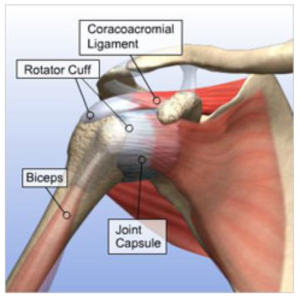Save it locally and refer to it every now and then. I first read this about 10-11 years ago. It is incredible how the author describes the world of IT that we have today. While technologies for connecting, storing, and processing information have improved over time, security has not. It has *always* been "somebody else's problem." Software guys aren't the only ones - there's some pretty bad security on every piece of hardware we use. Not "almost every". EVERY piece of hardware.
While I don't want to disconnect the PCs, power them off, melt them down, and then bury them under a mountain and then push the mountain to the base of the Marianas Trench, I *do* think that having everything interconnected is, on the whole, a bad idea. When I think about the technology I'd miss if I was living back in 1979, smart anything and Bluetooth are not on my list. All I need my fridge to do is to refrigerate things and have a frost-free freezer. My dishwasher should wash dishes. My lightbulbs should make light. I'm good with all that plain Jane stuff. By interconnecting all that stuff needlessly, we've increased our vulnerability to being trapped by our own technology when it fails us at scale.
The CrowdStrike-Windows mess is just the largest mess *thus far*. Bigger ones await us because no matter what happens here, security will always be someone else's problem.




 This means my writing arm will be in a sling for about 6 weeks. Writing will be extremely difficult — more likely impossible, according to my surgeon — for part or all of that time.
This means my writing arm will be in a sling for about 6 weeks. Writing will be extremely difficult — more likely impossible, according to my surgeon — for part or all of that time. Job candidates can flub negotiations if they fail to recognize that there are two components to compensation. There’s money, and there’s everything else. If you ignore that dichotomy and focus primarily on the money, you miss the point of compensation and you might forego a job you really want. Of course, if salary is the key for you, then much of this advice won’t be helpful. But if you’re open to alternatives to salary alone, read on.
Job candidates can flub negotiations if they fail to recognize that there are two components to compensation. There’s money, and there’s everything else. If you ignore that dichotomy and focus primarily on the money, you miss the point of compensation and you might forego a job you really want. Of course, if salary is the key for you, then much of this advice won’t be helpful. But if you’re open to alternatives to salary alone, read on. Don’t ask whether you’re a candidate. Tell him that he’s a candidate to be your boss.
Don’t ask whether you’re a candidate. Tell him that he’s a candidate to be your boss.
 )
)